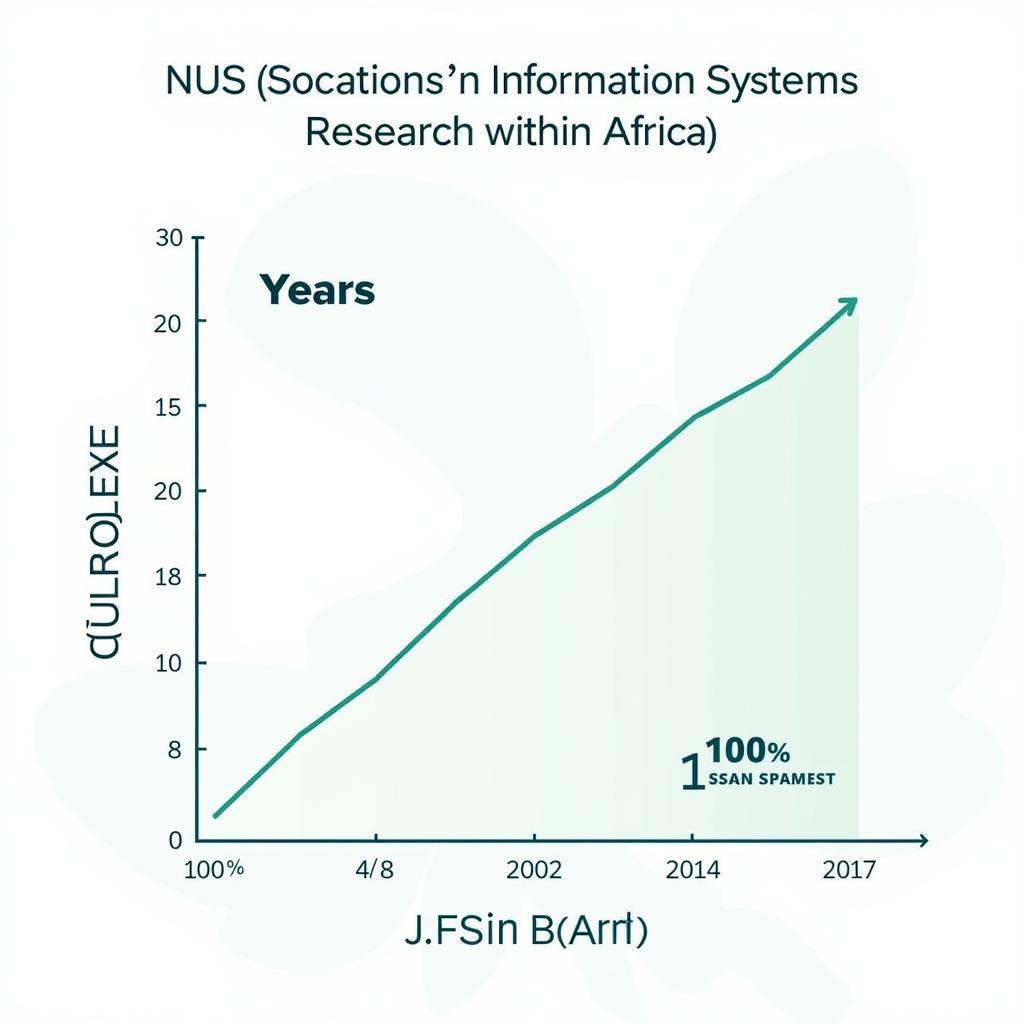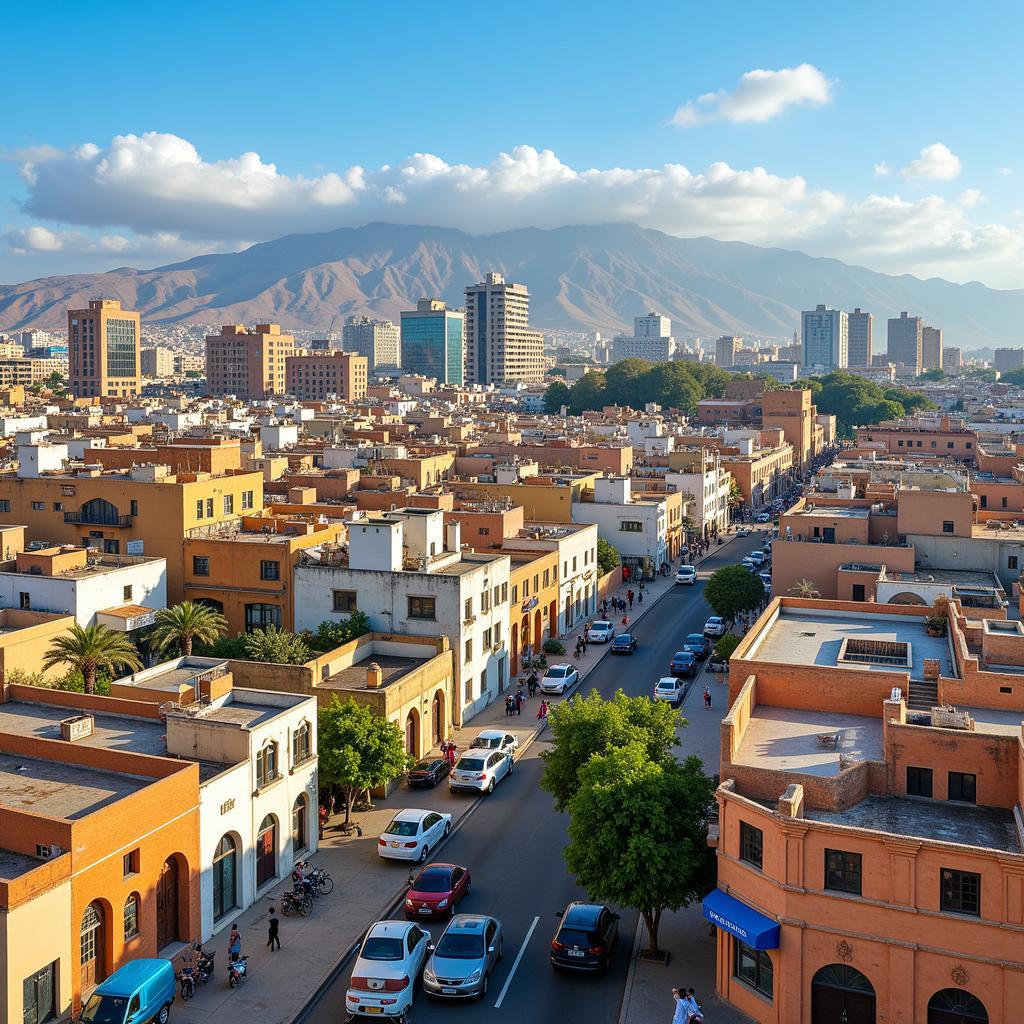Unveiling the Significance of the 8th Pan-Africanism Congress
The 8th Pan-Africanism Congress, a pivotal moment in the struggle for African liberation and unity, holds a significant place in history. This congress, distinct from its predecessors, transcended geographical boundaries, uniting people of African descent from across the globe to strategize and advocate for the emancipation of the African continent.
A Shift Towards Global Solidarity: The 8th Pan-Africanism Congress in Context
Unlike the previous seven congresses held primarily in Europe, the 8th Pan-Africanism Congress, convened in Tanzania in 1974, marked a significant shift. This move to African soil symbolized the continent’s growing agency in shaping its own destiny. This congress aimed to solidify the principles of Pan-Africanism, fostering unity and collaboration among African nations and people of African descent worldwide.
Key Themes: Addressing the Challenges Facing a Continent in Transition
The 8th Pan-Africanism Congress grappled with crucial themes relevant to the socio-political climate of the time. The fight against colonialism and apartheid in Southern Africa took center stage, with delegates demanding immediate liberation and self-determination for oppressed African nations.
Economic Liberation: A Core Demand
Beyond political freedom, economic liberation emerged as a crucial demand. The congress emphasized the need to break free from neo-colonial economic structures that continued to hinder Africa’s progress. It advocated for economic cooperation among African nations and the creation of equitable trade relationships with the rest of the world.
The Role of Women in the Liberation Struggle
The 8th Pan-Africanism Congress recognized the indispensable role of women in the liberation struggle. It highlighted the need for gender equality and women’s full participation in all aspects of society. The congress served as a platform to amplify the voices of African women and address their unique concerns.
 Women Delegates actively participating in the Pan-Africanism Congress
Women Delegates actively participating in the Pan-Africanism Congress
A Legacy of Unity and Resistance
The 8th Pan-Africanism Congress, while addressing immediate concerns, also laid the groundwork for future action. It emphasized the importance of cultural exchange, educational collaboration, and the promotion of Pan-African ideals among younger generations.
“The spirit of Pan-Africanism extends beyond geographical borders,” remarked renowned historian Dr. Abena Ngugi, “uniting people of African descent in a shared history, culture, and destiny. The 8th Congress served as a powerful reminder of this interconnectedness.”
The congress’s legacy extends beyond its resolutions. It reinvigorated the Pan-African movement, inspiring continued activism and advocacy for social justice, equality, and self-determination on the African continent and within the diaspora. The 8th Pan-Africanism Congress stands as a testament to the enduring power of collective action and the unwavering pursuit of a liberated and united Africa.


